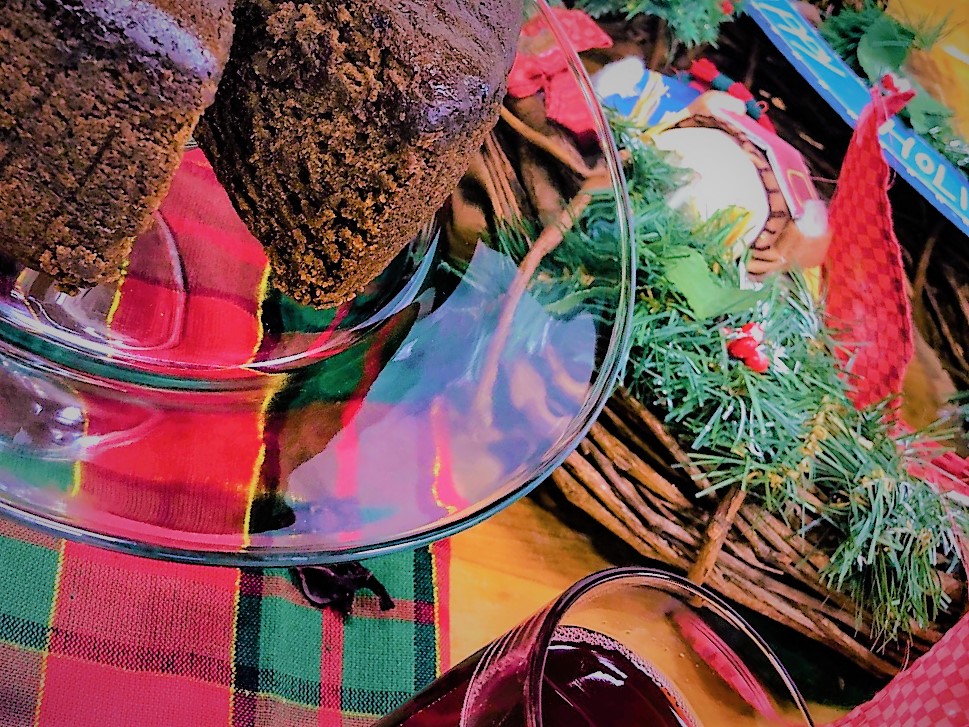
If Jamaicans continue to adhere to the protocols enacted under the Disaster Risk Management Act to limit the spread of the coronavirus (COVID-19) on the island, restrictions could be relaxed over the Christmas period.
This assurance was given by Prime Minister Andrew Holness during a digital press conference from Jamaica House earlier this week.
The prime minister pointed to a noticeable trend over recent days where fewer persons were being infected with COVID-19 while the number of persons who have recovered from the disease was now higher than the number of active cases.
“After the spike in August and September, our growth in new cases has been slowing down and our recoveries increasing, which has resulted in the number of active cases showing moderate and modest decline,” Holness stated. He said this was a likely indication that Jamaica was flattening the curve.
The prime minister said he was mindful of the fact that some Jamaicans were suffering from what he called “COVID fatigue”. But, he was cautious in his response to a reporter’s question about whether the measures, in place since March in various forms, would be relaxed for Christmas. This, was after he had earlier in the press conference, announced that the existing restrictions, including the daily 9:00pm to 5:00am curfew would be extended until November 16. He said this was necessary “so that we can have a controlled relaxation of the measures at least for that (Christmas) period”.
The prime minister stressed that any relaxation of the measures “depends of course on what the numbers are saying now. So if we keep the measures faithfully in compliance, it is likely that we should be able to have a controlled relaxation of the measures during the Christmas period”.
Yet, Holness was quick to point out that even then, “We would ask our citizens to exercise even greater personal responsibility in how they move around”.
“So yes, we’re considering how we can accommodate that but we still have some time before we make a definitive announcement,” he said.
Minister of Health and Wellness, Dr Christopher Tufton, was also cautiously optimistic that the smaller numbers returned over the last few days were an indication that Jamaica was in fact flattening the COVID curve.
He said the number of daily new cases up to Wednesday had “given an indication that it was flattening out”.
“As he (the prime minister) said earlier, it’s not an indication to be complacent; the public health team has been discussing the encouraging sign of less cases each day,” Tufton remarked. He noted that the positivity rate had moved from over 30 per cent at its highest point to 14 per cent on Wednesday and eight per cent on October 27.
“This is all very good,” Tufton said while encouraging Jamaicans to continue to abide by the health protocols until there is in fact confirmation of a sustained downward trend in coronavirus cases, which as of Wednesday, stood at 8,927 and 202 deaths.
Jamaica’s first confirmed case of COVID-19 on March 10 was a 33-year-old woman with UK-Jamaican citizenship. The Bull Bay, St Andrew resident had returned to the island to attend a funeral and infected several close contacts, including her father.
The country recorded just shy of 1,000 cases and ten deaths up to the first week of August but started experiencing a spike shortly after Jamaicans celebrated the Emancipation Day and Independence Day holidays on August 1 and 6 respectively. Campaigning for the September 3 general election followed and some health officials attributed some of the spike in cases to those activities where limited mask wearing and little social distancing took place. Additionally, many Jamaicans who returned to the island as of June 1 under the controlled re-entry programme when Jamaica reopened its borders refused to abide by the mandatory 14-day quarantine period and are suspected of contributing to the spread of the virus.
Ready to travel to jamaica ! Click Here to get travel authorization